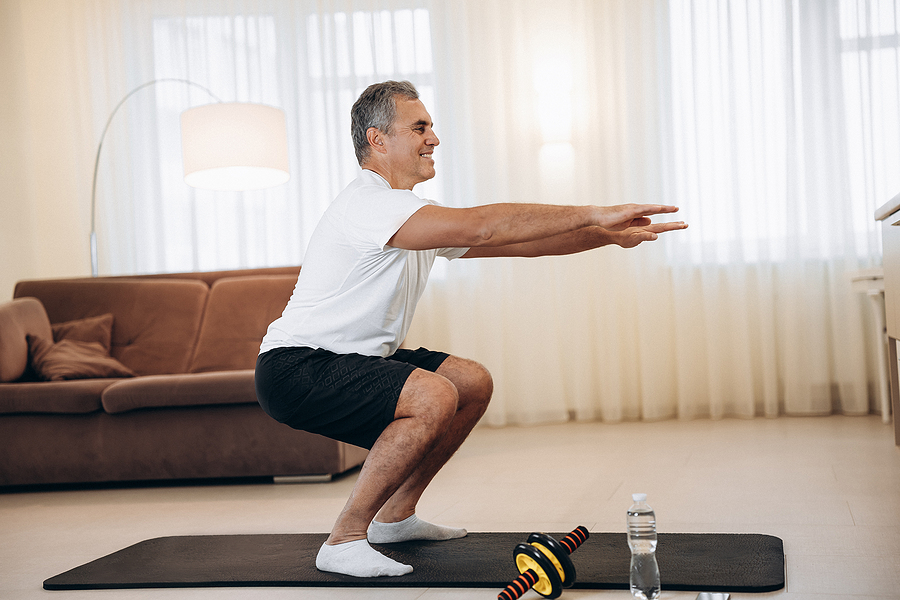CURING MYOCARDITIS
It is important to note that the majority of people who experience myocarditis will make a full recovery with rest, medication and avoiding high intensity exercise. Your GP will follow your progress closely after the initial diagnosis and then later with follow up appointments depending on your circumstances.
For some, myocarditis lasts longer or returns. If your heart is scarred (damaged) by the inflammation, you will need follow up appointments at least every few months.
If your symptoms return, however mild, you should seek medical attention straightaway or call 999.

LIVING WITH MYOCARDITIS
Work and Myocarditis
One of the most commonly experienced side effects of myocarditis is fatigue so you may find that you need time to rest. Depending on how severe your symptoms are and what type of work you do, you may need to take time off from work.
If you do need to take time off from work or if work is delaying your recovery, you can get a “fit note” (Statement of Fitness to work) (https://www.gov.uk/taking-sick-leave) from your GP or in England and Wales, nurses, pharmacists, occupational therapists and physiotherapists will also be able to write fit notes.
It can be uncomfortable to have those discussions with your place of employment but remember that your health is important too. You may have financial concerns about taking time off work but there may be help available to you.
https://www.gov.uk/browse/benefits/disability
Exercise and Myocarditis
Myocarditis can affect anyone, of any age and very often it happens to people who are fit and healthy. One of the most frequently asked questions is when can I return to exercise and how much exercise is safe? Myocarditis affects each individual differently so you will need to speak to your doctor about what is right for you. Generally, you are advised to avoid strenuous or vigorous exercise for three to six months after being diagnosed with myocarditis.


